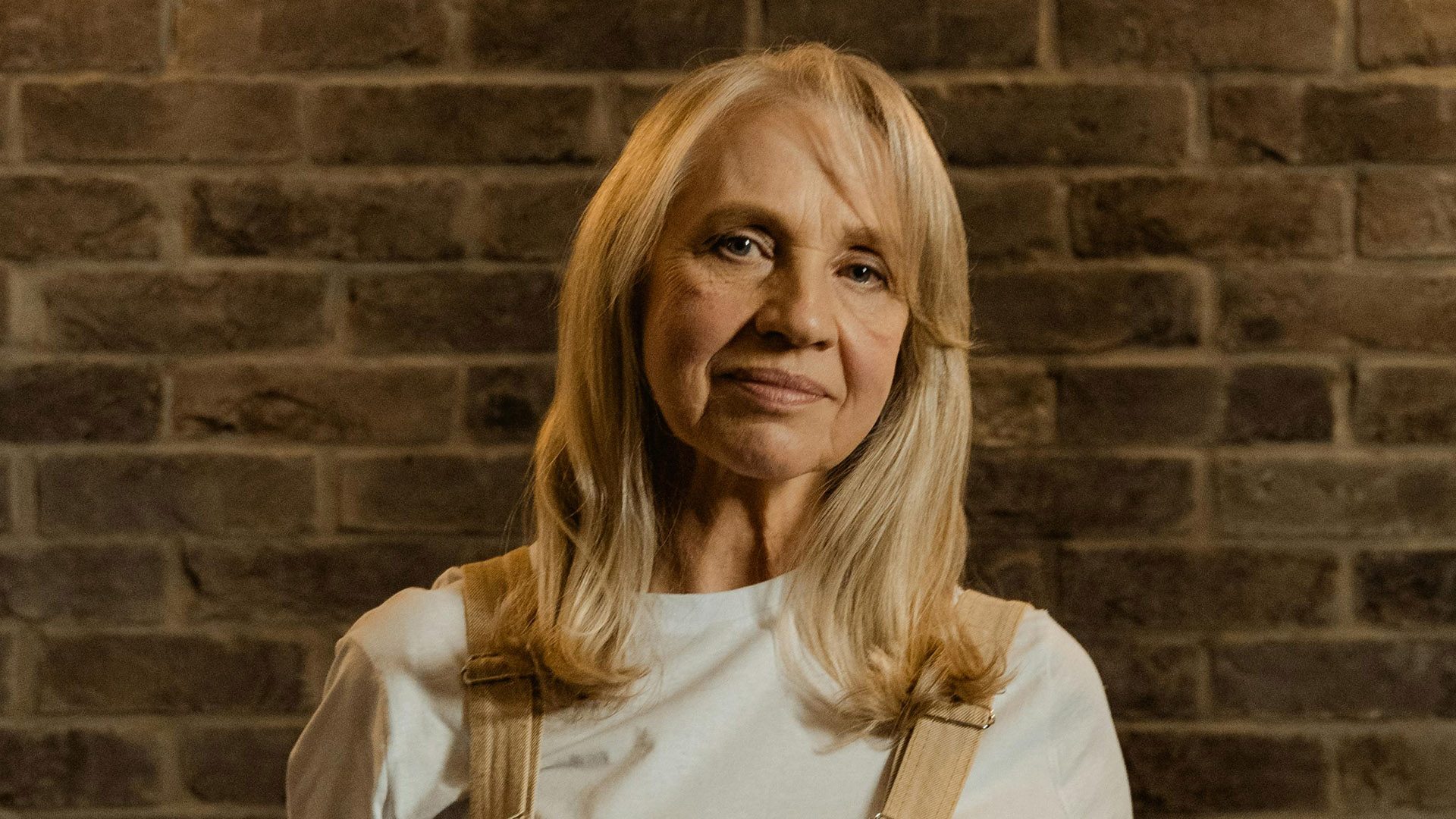Finding a Counselor
A counselor provides a safe and non-judgmental environment where you can talk about your concerns. A counselor won’t solve your problems for you. You’ll be guided through a process of learning and finding ways to deal with life’s challenges.

The terms “counselor” and “counseling” can refer to any type of professional counseling or therapy. A counselor can help you:
- Face different emotions and life changes during their cancer experience. A counselor will listen to you and help you understand your cancer experience and the emotions you are feeling.
- Take care of the whole person including your body, mind and spirit. Emotional concerns are often overlooked because so much attention is placed on the physical recovery from cancer and its long-term effects.
- Find healthy ways to respond to challenging situations. Talking with a counselor does not mean something is wrong with you or that you are weak. It simply means you are willing to do whatever it takes to be healthy. A counselor helps you find ways to manage and understand your concerns.
– Coping with a cancer diagnosis.
– Emotions such as sadness, depression or anxiety.
– Difficulty sleeping.
– Challenges managing symptoms such as pain.
– Financial issues.
– Relationship changes.
– Difficulty making decisions about treatment, work or home.
– Helping children to understand and adjust.
– Spiritual issues.
– Decision-making process.
– Communicating with a health care team member.
– Employment issues.
– Longstanding problems unrelated to cancer.
– Desire to find meaning in this illness.
Types of Counseling
Counseling may be provided in a variety of settings.
- Individual counseling: Talking and sharing privately, one-on-one with the counselor. Individual counseling can be useful for those who want support but who are uncomfortable talking in groups.
- Couples counseling: Partners talk with a counselor together.
- Family counseling: The entire family talks with the counselor.
- Group counseling: A group of individuals with similar concerns meets together with a trained counselor who provides guidance.
- Support group sessions: A group of individuals that come together for similar reasons. These groups usually focus on one general topic such as cancer survivorship. Support groups are not always led by a trained counselor. Often, members of the group organize and lead these groups as a way to connect with and learn from others who are managing similar challenges. Survivors are often referred to support groups by their health care teams.
Counseling Professionals
Many different professionals offer counseling services. Some of them may refer to themselves as “psychotherapists,” “therapists,” “counselors,” or “mental health specialists.” Here’s a list of professionals trained and licensed in most states to provide counseling services:
- Psychiatrists (MD) are medical doctors who specialize in mental illnesses and substance abuse disorders. They can prescribe medication for problems such as anxiety and depression.
- Psychologists (PhD) are trained in mental health problems, human behavior theories, counseling methods and research. They are qualified to give psychological tests and assessments. They provide individual, couples, family and group therapy.
- Social Workers are trained in human behavior theories and counseling methods. They are the largest professional group of mental health providers in the U.S. Those with a master’s degree and specialized training (LCSW – Licensed Clinical Social Worker) provide individual, couples, family and group counseling. Bachelor’s level (LSW – Licensed Social Worker) and master’s level social workers (LMSW – Licensed Master of Social Work) can assist with practical concerns that cause distress.
- Marriage and Family Therapists (LMFT) provide couples and family counseling. They are trained in counseling methods focusing on marriage and family issues.
- Pastoral Counselors may have a degree in ministry or divinity as well as training in counseling methods. They provide individual, couples, family and group therapy depending on their specific training. They address counseling matters in the context of religion or spirituality.
- Psychiatric Nurse Practitioners (NP, MSN, RN, DNsc) are registered nurses with psychiatric mental health training. They specialize in mental illnesses and substance abuse disorders. They can prescribe medication for problems such as anxiety and depression. They provide individual, family and group counseling.
You may have concerns about talking openly with someone you have just met or may not know well. However, the right counselor will help you get past any nervousness. Most effective counselors will suggest meeting with you for a few sessions and then talking with you about how the counseling relationship is working. If you have any doubts or questions, you should feel at ease talking these over with the counselor. If you do not feel comfortable, the counselor may not be a good fit for you. Many people find support through a faith-based relationship with a spiritual leader such as a rabbi, pastor, priest or hospital chaplain.
How to Find a Counselor
Ask your health care team for recommendations. Many hospitals and clinics include social workers or other mental health specialists as part of their team. They work closely with the other team members, often without an extra fee.
You may be referred to a private counselor or to a local family service or nonprofit cancer organization. Ask for several referrals, so you can interview the counselors and find the one who best meets your needs.
Support groups are also a good place to get referrals for counselors from other survivors. And some cancer organizations and counseling associations provide information and referrals.
Look for a counselor who is experienced with cancer survivorship issues. Try to interview a few counselors before you choose one. Let the counselor know what you want to talk about. If the counselor is not knowledgeable about your areas of concern, ask for a referral.
– How do I talk to my family about my fatigue?
– How do I deal with depression?
– Should I be concerned that my partner and I have not been very close since treatment ended?
– Would individual, couple, family or group counseling be best for me?
– What professional degrees and training do you have?
– Do you have experience working with cancer survivorship?
– Do you have experience with my particular kind of cancer?
– What types of counseling methods do you use?
– Do you have a set fee or sliding fee (a reduced fee) and will my insurance will cover the costs?
Counseling Costs
Because counseling can be expensive, ask about the cost when you contact a counselor. Ask if any free or low-cost services are available. Here are ways to seek assistance for counseling costs:
- Many hospitals, clinics and nonprofit cancer organizations provide social work or counseling services without a fee because they are considered an important part of the comprehensive services of the cancer program.
- Health insurance policies with mental health coverage usually pay for a specific number of sessions per year with a licensed mental health specialist if the counseling is aimed at a specific problem such as depression or anxiety. The number of covered sessions is determined by the insurance policy and usually ranges from 6 to 20 sessions. Sometimes a co-payment is charged to the patient.
- Some mental health clinics and private counselors offer a “sliding fee scale,” meaning you can ask for a reduced fee if you have limited financial resources.
- A few organizations offer free limited counseling services over the telephone.
- A private or group counseling session that is not covered by insurance may charge out-of-pocket fees ranging from about $40 to $120 per session, depending on the therapist’s credentials and local rates.
Changing Your Counselor
Not every counselor or therapist is a good match. Even if a counselor has expert credentials, his or her personality or counseling approach may not fit your individual needs. Sometimes counselors and their clients have very different personalities and views on life.
In a group counseling situation, it is possible that the counselor may seem to be the right person to help, but the group itself is not a good fit. If this happens, talk with the counselor to see if another group exists or if individual counseling might be more helpful.
You may want to find another counselor if you cannot comfortably talk with the counselor about your feelings or if the counselor’s responses to your questions are not helpful. As you decide if the counselor is appropriate for you, check to see if it is the topic of discussion that is causing your discomfort or if it is the counseling relationship that needs to change. Finding the right counselor and getting the help you need is what is important.
Sometimes, people dealing with cancer may feel that they do not have the time, money, energy, or need for counseling. For this reason, preventable problems may develop, and small problems may become bigger. Chronic stress may remain and build instead of being worked through and released.
Working through problems may bring up a variety of emotions. It often requires a shift in how you think about situations. The counselor’s job is to guide you through this process. The counseling process may take time, but it is likely to require much less time than if you had tried to do the work by yourself. You will find that the benefits are well worth the effort.
– Are you making progress and getting the help you need?
– Are you comfortable sharing your thoughts and feelings with your counselor?
– Are you able to tell your counselor when you are uncomfortable or unsure about the counseling relationship?
– Does your counselor respond in a positive manner when you talk about your concerns?

